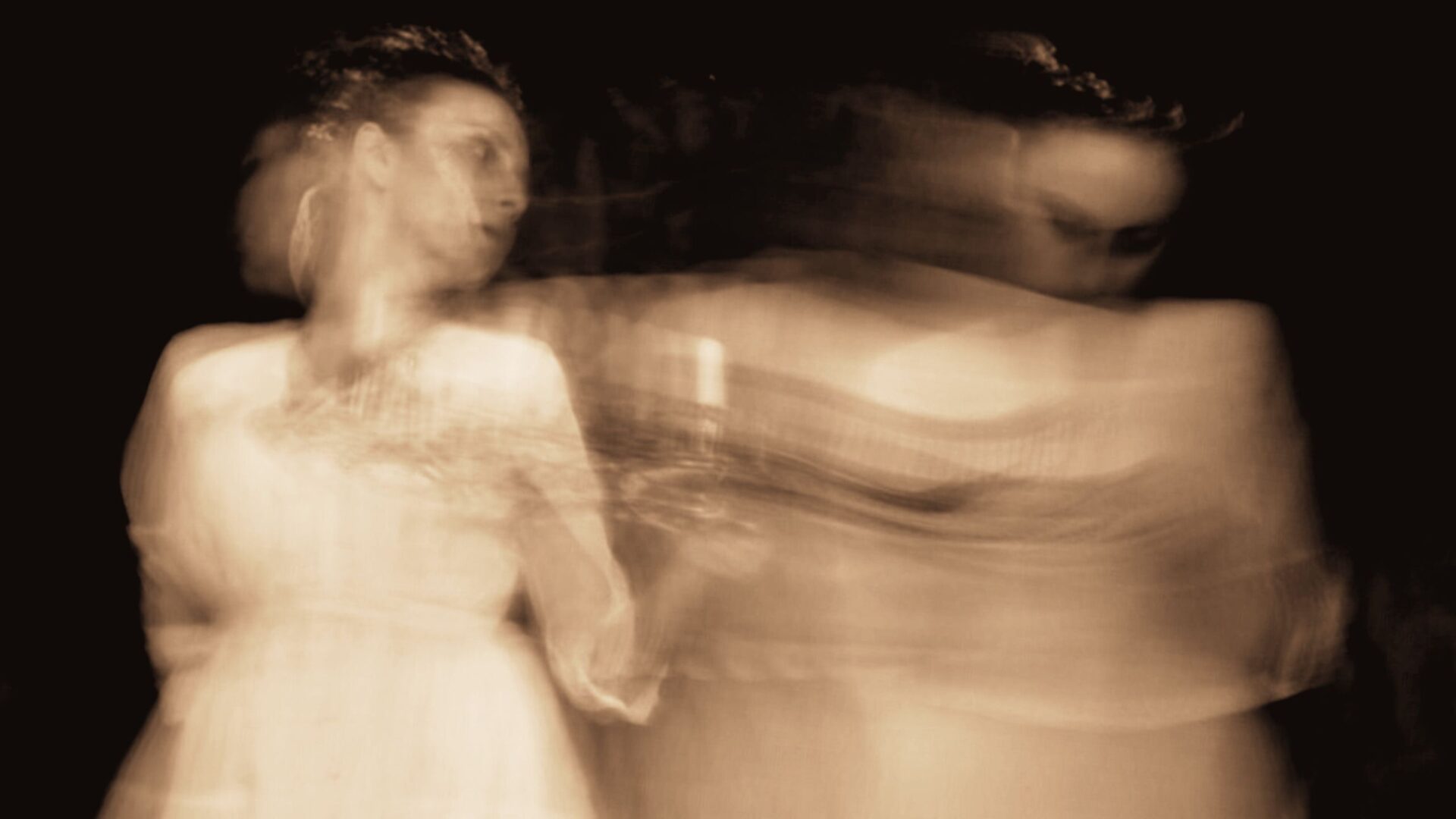Unveiling Sigmund Freud’s Curious Belief in Ghosts: A Peek into the Mind of the Father of Psychoanalysis
Vienna, the birthplace of countless pioneering thinkers
Vienna, often hailed as the city of classical music, art, and intellectual inquiry, has been the birthplace of countless pioneering thinkers. Among them, Sigmund Freud, the iconic founder of psychoanalysis, stands as a beacon of insight into the human mind. Known for his revolutionary theories and intricate explorations of the unconscious, Freud’s legacy has cast a profound influence on psychology and beyond. Yet, beneath his rational and scientific facade, a lesser-known aspect of Freud’s beliefs has recently come to light – his curious belief in ghosts.
Freud’s personal fascination with the supernatural
Intriguing as it may seem, Sigmund Freud, a staunch advocate of empiricism and rationality, had a personal fascination with the supernatural, notably with ghosts. In a series of letters, Freud disclosed his private musings about the ethereal realm and its connection to the human psyche. This revelation, while contrasting his established image as a pioneer of modern psychology, provides a unique glimpse into the intricate layers of his intellectual persona.
Freud’s Mysteries in His Letters
A Window into His Belief The unveiling of Freud’s belief in ghosts stems from his candid correspondence with friends and confidants. The letters, recently made public, showcase Freud’s musings on the nature of ghosts and their potential psychological significance. In one letter to his close associate Wilhelm Fliess, Freud wrote, “Though I am a man of science, I cannot dismiss the idea that ghosts might embody our suppressed desires and unfulfilled wishes.”
The Intersection of Rationality and the Unseen Freud’s fascination with ghosts may seem paradoxical when juxtaposed against his pioneering work in psychoanalysis. His belief in the unseen hints at a duality within his persona – a scientist exploring the recesses of the human mind, while also harboring an inclination toward the mysteries of the supernatural. This juxtaposition further underscores the intricate interplay between rationality and the subconscious that Freud so ardently sought to unravel.
Freud’s Confusion About The Ghosts Entities
A Link to the Unconscious Freud’s belief in ghosts might be seen as an extension of his broader theories on the unconscious mind. His contention that the unconscious harbors repressed desires, unresolved conflicts, and hidden emotions finds an intriguing parallel in the notion of ghosts as manifestations of unexpressed sentiments. This perspective sheds light on Freud’s nuanced exploration of the human psyche and his constant quest to decipher its complexities.
Quotations that Reflect Freud’s Belief: While Freud’s belief in ghosts has remained a lesser-known facet of his life, certain quotations from his writings provide glimpses into this intriguing aspect of his thought:
- “The human mind, while guided by reason, is also an abode for intangible yearnings, much like the way ghosts linger in the periphery of our consciousness.”
- “Ghosts, though ethereal, may serve as reflections of our deepest desires, ever present in the shadows of our thoughts.”
A Multifaceted Legacy
As the world continues to unpack the depths of Sigmund Freud’s contributions, the revelation of his belief in ghosts adds another layer of complexity to his legacy. Beyond his theories on the id, ego, and superego, his belief in the unseen underscores the intricate tapestry of the human mind – a landscape rich with contradictions, curiosities, and profound insights.
While Freud’s theories on psychoanalysis have significantly shaped modern psychology, his belief in ghosts serves as a reminder that even the greatest minds contain facets that remain shrouded in mystery. As scholars and enthusiasts delve further into Freud’s letters and writings, the interplay between rationality and the unknown continues to captivate and intrigue, offering new dimensions to the legacy of a man who forever changed the way we understand ourselves.



